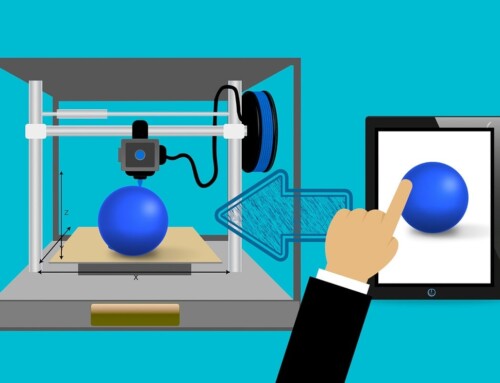The 2025 Key Points for Industrial and Information Technology Standardization Work, released by the Ministry of Industry and Information Technology (MIIT) in April 2025, aims to guide high-quality industrial development through standardization.
Main Objectives:
- Modern Industrial System Development: Implement the Implementation Plan for the Standardization Pilot Program of Emerging Industries (2023–2035), continuously improve the standard system for emerging industries, proactively plan for future industry standards, formulate over 1,800 industry standards, and establish more than five technical organizationsfor emerging and future industry standardization.
- Reinforcing Industrial Safety Foundations: Compile the Guidelines for the Construction of the Mandatory National Standards System for Industry and Information Technologyand organize the development of more than 100 mandatory national standards.
- Promoting Industrial Globalization: Support the development of over 100 international standards led by Chinese enterprises and institutions, aiming to achieve an industry-wide international standard conversion rate of 88%.
- Enhancing Modern Governance Capacity: Strengthen the modernization of industry governance to support the advancement of new industrialization and accelerate the development of China as a manufacturing and cyber power.
Seven Priority Tasks:
- Aligning Standards with Industrial Strategies: Focus on key national strategies such as new industrialization, manufacturing strength, and digital infrastructure. Strengthen the alignment between standards, industrial policies, and development plans, with support for high-end manufacturing, green transition, and the digital economy.
- Building Standards for Key Industries:
- Traditional Industries: Improve reliability and process standards in petrochemicals, machinery, household appliances, etc.
- Advantageous Industries: Develop standard systems for photovoltaics, lithium batteries, energy storage, intelligent connected vehicles, and 5G.
- Emerging Industries: Cover areas like cloud computing, big data, BeiDou navigation, advanced materials, and high-end equipment with integrated applications.
- Future Industries: Focus on metaverse, brain-computer interface, quantum information, humanoid robots, generative AI, etc.
- Industrial Fundamentals: Include basic components, basic processes, cybersecurity, data management, and more.
- Integration of Informatization and Industrialization: Accelerate standard-setting for digital transformation, networked collaboration, and intelligent manufacturing; support the development of smart factories, industrial internet platforms, and large AI models.
- Promoting Green and Low-Carbon Development: Advance standards for carbon footprint accounting, green factories, resource recycling, water conservation, and environmental protection equipment to support industrial decarbonization.
- Ensuring Industrial Safety: Publish the “2025 Guidelines for the Mandatory National Standards System,” focusing on product safety, hazardous substance restrictions, electric mobility, and other key areas.
- Internationalization of Industry: Encourage Chinese enterprises to participate in international standardization (ITU, ISO, IEC, WP.29), enhance influence in global technical rules, and improve compatibility with international standards, targeting an 88% adoption rate.
- Modern Governance and Infrastructure: Optimize standard project approval, shorten development cycles, improve implementation evaluations and talent training, promote “AI + Standardization,” and upgrade digital standardization platforms.
Implications for European Enterprises:
- Potential Rise in Market Access: China’s use of standards as a policy tool, alongside large-scale development of mandatory and proprietary standards, could increase the cost and complexity of market access and conformity assessment for European companies—particularly in sectors such as NEVs, energy storage, e-mobility, and children’s products.
- Widening Technical Divergence: China’s push for standards in fields like humanoid robotics, quantum communication, and BeiDou navigation may not align with EU frameworks, limiting technical interoperability and affecting EU firms’ participation in the Chinese market or public procurement.
- Growing Pressure from Green Standards: The rollout of carbon footprint accounting and green manufacturing standards could impact product compliance. Without harmonizationof EU frameworks such as ESPR or Product Carbon Footprint, companies—especially in solar, battery, and automotive industries—may face redundant testing and evaluation.
- Intensifying International Standards Competition: China’s drive to lead in international standard-setting, especially in ITU, ISO, and IEC, may clash with EU positions. European firms must actively engage in global standardization forums to maintain influence in shaping technical norms.
- Opportunities for Local Collaboration: The encouragement of enterprises that are industry leaders to spearhead standard development opens doors for European firms to collaborate with Chinese partners—particularly SMEs with specialized expertise—in co-developing standards, conducting pilot testing, and participating in innovation chains.
The links and Chinese version of the The 2025 Key Points for Industrial and Information Technology Standardization Work:
https://www.miit.gov.cn/zwgk/zcwj/wjfb/tz/art/2025/art_02f418da5c244531b408b1eac63f1cf8.html




